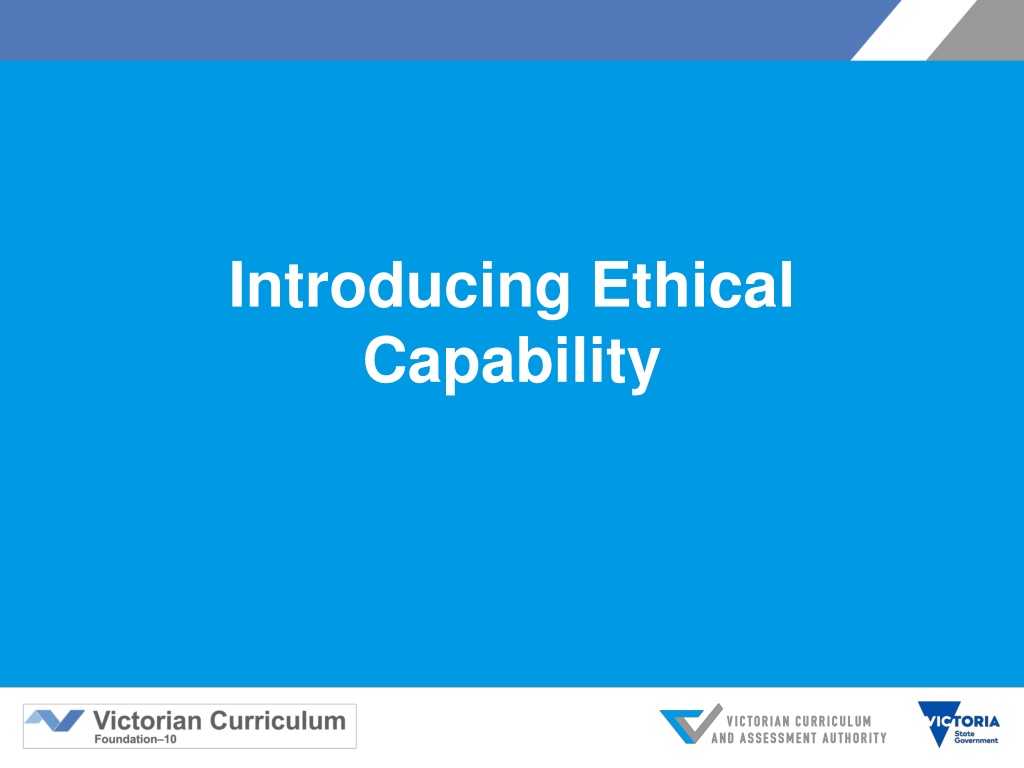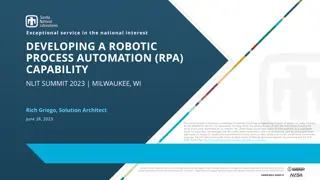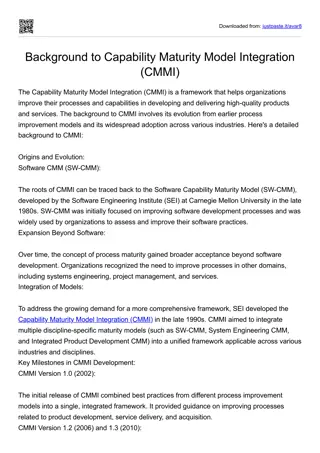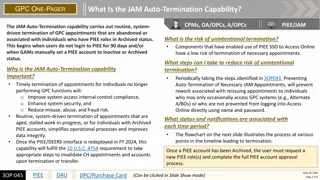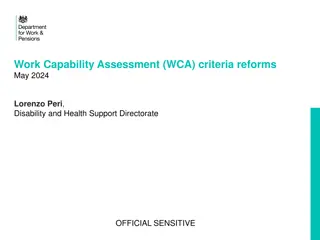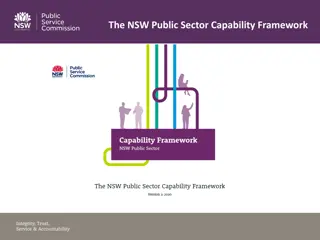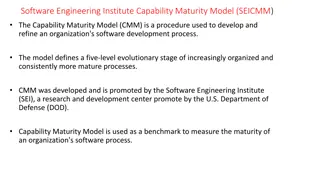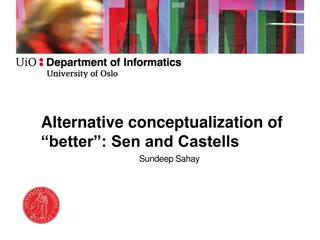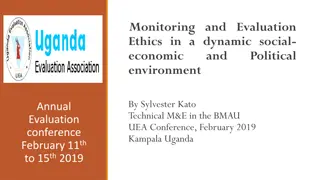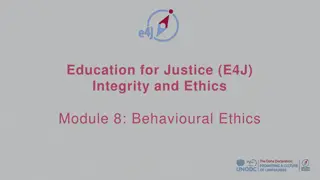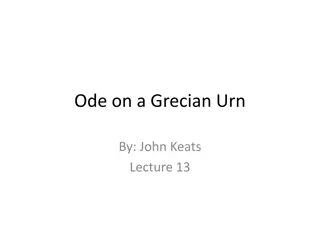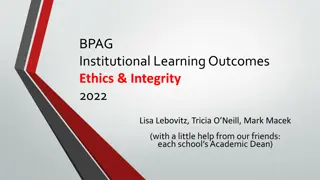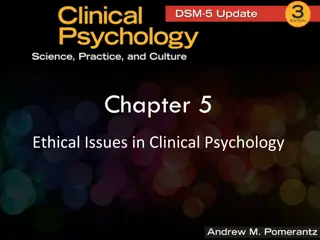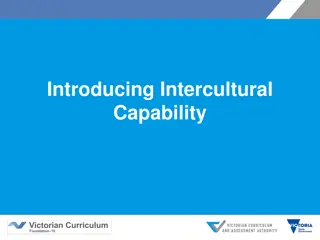Developing Ethical Capability in Education
This curriculum focuses on cultivating students' ethical knowledge, reasoning skills, and decision-making abilities to engage with complex ethical issues. It aims to foster open-mindedness and critical thinking, preparing students to analyze, evaluate, and act ethically in various contexts. The structure includes two core strands and achievement standards across different levels, emphasizing the importance of explicit teaching and whole-school planning. By exploring world views, religions, and philosophical thought, students gain a comprehensive understanding of ethical principles and reasoning.
Download Presentation

Please find below an Image/Link to download the presentation.
The content on the website is provided AS IS for your information and personal use only. It may not be sold, licensed, or shared on other websites without obtaining consent from the author.If you encounter any issues during the download, it is possible that the publisher has removed the file from their server.
You are allowed to download the files provided on this website for personal or commercial use, subject to the condition that they are used lawfully. All files are the property of their respective owners.
The content on the website is provided AS IS for your information and personal use only. It may not be sold, licensed, or shared on other websites without obtaining consent from the author.
E N D
Presentation Transcript
Introducing Ethical Capability
Victorian Curriculum F10 Released in September 2015 as a central component of the Education State Provides a stable foundation for the development and implementation of whole-school teaching and learning programs The Victorian Curriculum F 10 incorporates the Australian Curriculum and reflects Victorian priorities and standards http://victoriancurriculum.vcaa.vic.edu.au/
Aims The Ethical Capability curriculum aims to develop knowledge, understandings and skills to enable students to: Analyse and evaluate ethical issues, recognising areas of contestability Identify the bases of ethical principles and ethical reasoning Engage with the challenges of managing ethical decision making and action for individuals and groups Cultivate open-mindedness and reasonableness
Structure Strands - 2 strands Understanding Concepts Decision Making and Actions Achievement standards The first achievement standard at Foundation to Level 2 and then at Levels 4, 6, 8 and 10
Key messages This is a new curriculum The content descriptions covering ethical concepts and decision making need to be explicitly taught and assessed to progress student learning Learn the terminology in the curriculum. It provides teachers and students with the vocabulary to ask questions and describe learning There is strong connection between the Ethical Capability and Critical and Creative Thinking curriculums As this is a new curriculum, older students may need to begin their learning at lower levels. This will provide the necessary scaffolding and ultimately support progression of learning Whole-school planning is essential for schools to determine how and when the curriculum is taught
Key messages Learning about world views, religions and philosophical thought Students are introduced to different religions and world views and a range of relevant philosophers and/or schools of thought in Ethical Capability. A companion document has been provided with outlines the key premises of the world s major religions and a secular world view. Learning about world views and religions can also occur in other curriculum areas, including The Humanities: History and Civics and Citizenship. http://victoriancurriculum.vcaa.vic.edu.au/ethical-capability/introduction/learning-in- ethical-capability
